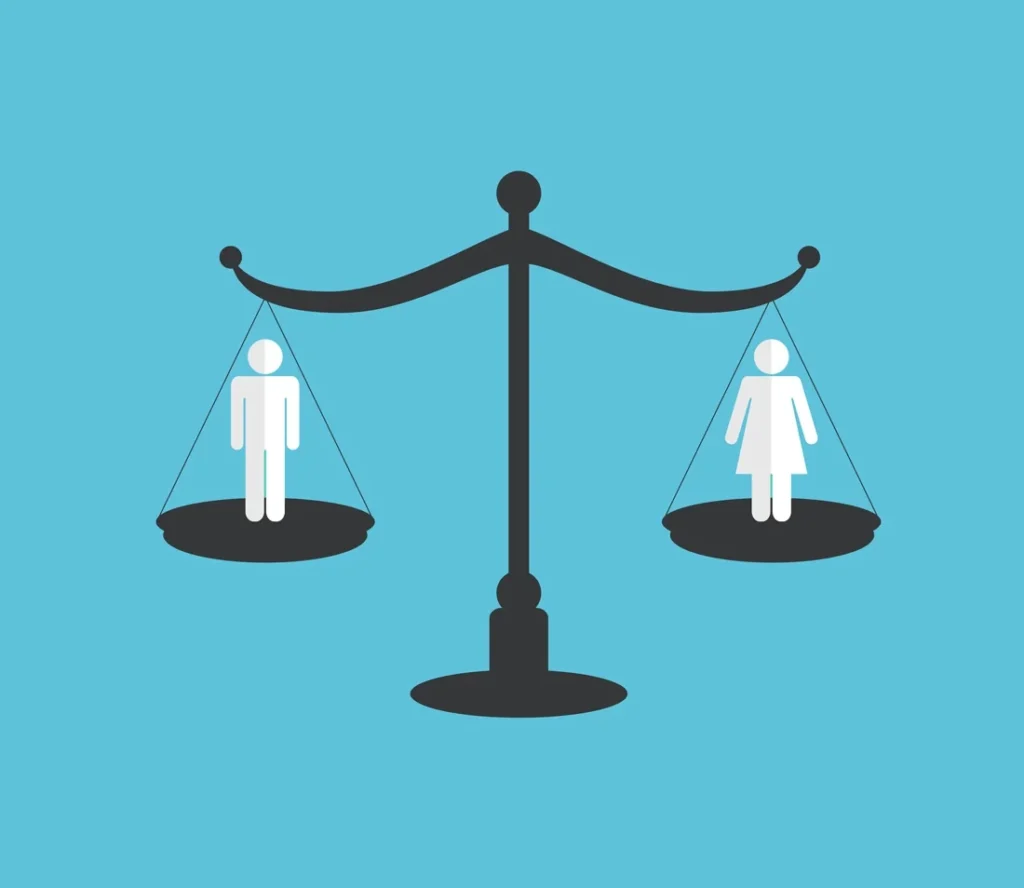
A Senegalese professor of infectious diseases, bacteriology and virology, Senegal, Prof. Awa Seck has cited gender equality as an issue around which the efficiency of development on the continent evolves.
Seck, who is also his country’s minister of state to its president, said this yesterday (December 13, 2022) at the second International Conference on Public Health in Africa (CPHIA 2022) in Kigali, Rwanda, in a plenary session themed “Women in Health – From Recipients to Providers to Leaders”.
She said that it was not only about being politically correct or kind towards women but enhancing development on the continent.
“Any form of development cannot be attained without effective involvement of women and men.
“The key to sustainable development is to provide the same opportunities for women and men,” she said.
The global managing director, Women in Global Health (WGH), Dr. Magda Robalo said: “We can create our narrative and our conversations on what women can do when they are not invited or wanted in global health conversations and decision-making.”
Robalo said women need to create a space for themselves to fit in.
“This is the movement happening around the world; women are moving from unipolar to bipolar to multipolar roles,” she explained.
The WGH boss said that not every country would have leaders that can change society with transformative actions, but women need popular movements of themselves to change things from the bottom up.
“To address the leadership challenges facing women from the root, women need to ensure that our boys are educated differently; otherwise they will perpetuate the same repressive patriarchal attitudes that their parents have passed down to them,” she advised.
Meanwhile, the executive director, United Nations Programme on HIV and AIDS (UNAIDS), Ms. Winnie Byanyima said that challenging patriarchy and gender-based violence, overcoming poverty and providing women’s sexual healthcare are priorities that must be pursued together.
“Not one after the other, or one traded off with another.
“Poverty, patriarchy and violence crush women, undermining their health and limiting their access to health care. This has consequences.
“Globally, more than 800 women and girls die each day from preventable health issues related to pregnancy and childbirth,” she explained.
She said that women were underrepresented in policymaking and budgeting for health care.
“Is it that surprising that the health needs of women are not fully met globally? This is not difficult. It’s a question of political will,” she said.
Similarly, the head of secretariat, Africa Union Commission on Africa’s COVID-19 Response Strategy, Dr. Lwazi Manzi said: “We still have stories to tell about women who have made an impact on developmental issues, but the credit has been taken by men.”
Manzi, who is also a media personality working in global health, said that this should not be happening.
She said that the representation of women of colour is as important behind the camera as in front of it.
“We are seeing an important shift in the way that stories are being told with black women behind the camera,” she said.
Meanwhile, the policy and partnerships manager, Coalition for Epidemic Preparedness Innovations (CEPI), Ms. Oyeronke Oyebanji, called for the focus to be on young people.
Oyebanji said called for more inclusive leadership programmes for young women who equally need mentoring, as leaders of today.
“As we have seen from the debate today, it is hard to say what the future of gender equity in Africa would look like but I know that the path starts somewhere and the foundation needs to be laid now, with my generation.
“Give young people opportunities and support them through it,” she added.
She called on young people to unite, eschew the sense of entitlement and imbibe the service-to-society mentality. “Let us think of how to support others as we rise.”

